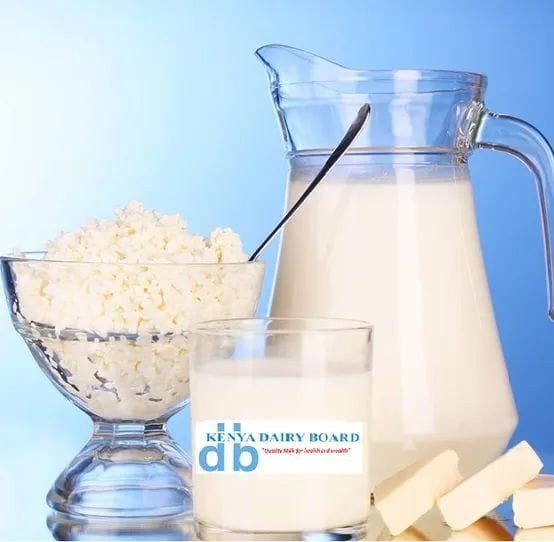
By John Kariuki
The Kenya Dairy Board (KDB) has issued a strong advisory urging Kenyans to exercise caution when handling and consuming milk products. This comes in the wake of a tragic incident in Kipkelion East, Kericho County, where at least 163 people, including children, were hospitalized after consuming allegedly contaminated milk (locally known as mursik).
Reacting to the alarming situation, Kenya Dairy Board National Chairman Genesio Mugo confirmed that a multi-agency task force has been deployed to manage the crisis and investigate the root cause.
“Unfortunately, the incident is true,” Mr. Mugo said. “A multi-agency task force has been actively addressing the issue to support the affected families and conduct a deep dive into understanding the source of the problem. From initial investigations, it appears to be a case of food poisoning related to the improper handling of mursik.”
Mursik is a traditional fermented milk commonly consumed in Kenya, especially among the Kalenjin community. Its preparation involves adding special herbs and ash to milk, which is then fermented in a traditional gourd. However, the process requires strict hygiene and proper storage to prevent contamination.
The KDB has reiterated the importance of maintaining high hygiene standards during milk handling and preparation to avoid such occurrences. “Consumers should ensure that milk products are sourced from reputable suppliers and handled properly during storage and consumption,” Mr. Mugo advised.
This incident highlights the urgent need for public education on food safety and hygiene, particularly for traditional food products. The Kenya Dairy Board, alongside other stakeholders, is expected to roll out awareness campaigns to educate the public on safe milk consumption practices.
As investigations continue, the affected families in Lel Sotet, Masaita, and Kabianga areas are receiving medical attention, with authorities assuring residents of their commitment to resolving the issue and preventing future occurrences.
The Kenya Dairy Board also encouraged Kenyans to report any suspicious milk products to relevant authorities, emphasizing that the safety of consumers remains a top priority.

More Stories
Hon. James Wanjohi — Kabete’s Finest
MP Mary Maingi Sends Back-to-School Message to Learners
Xi meets Taoiseach of Ireland Micheal Martin